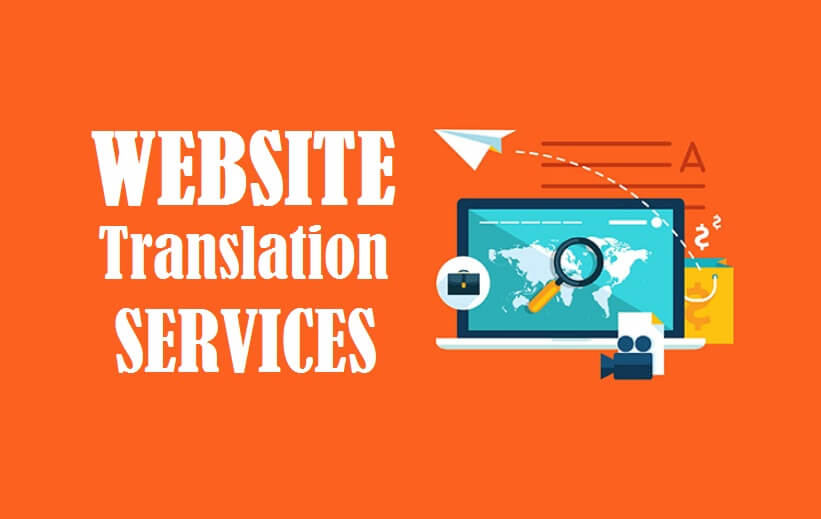Sports connects people from all places of the world. It is one of the fastest growing industries which gives employment to millions of people. This makes it among the top income generating industries in the global scenario. It increases the profitability of a product and thus, everyone likes it. Making sports accessible to people around the world has helped in the growth of old and new businesses. And this has helped in making the world a global village. One can say that Translation is one of the top reason why sports is as talked about everywhere.
How has translation helped in popularizing sports?
- Translation services like subtitling and voice over for commentaries during sports has helped people understand and enjoy the game better.
- As sports grew more popular, it started pulling businesses of all kinds, old and new, to new regions. And the need for translation of advertisements caused growth in the popularity of the sport. Hence, a continuous cycle of revenue growth.
Previously, only international sports competitions used to get the majority of attention and revenue. But nowadays, due to rise in media and translation services, domestic sports events are also getting the attention and popularity.
The most famous channels in the world like ESPN and Star Sports broadcast sporting events in a variety of global languages. This generates the maximum number of viewers. Sports like football, cricket, hockey etc. involve commentary skills. They require the voice-over artist to have a great knowledge terminologies, idioms and have communication skills; this helps them speak smoothly as in a normal conversation. The excitement of the speakers lets the viewers feel the thrill when Ronaldo scores a goal.
Translation services are not only required during its gameplay but also during advertisements where a new exotic health supplement brand or a global sports equipment brand is promoted in Television sets or during the promotion of international events such as the Olympics in different countries.
One might say that voice over is the main use of translation services in this industry. But everyone knows that there is a genre of magazines and blogs on the internet for this industry.
Why you should consider VerboLabs?
VerboLabs has its own base of translators belonging to different parts of the world. They are experts in their languages as well as the culture and have proper knowledge about this field; which makes them ideal for translating sports-related content in their own languages. They use localization techniques in order to suit the audience of their respective countries. We also have our group of voice talents which are experts in their fields. We also provide translation services for promotional content related to this industry.
VerboLabs should also be considered for its sports translation services because of its critical quality check and project management team. So, sports doesn’t become boring because every detail is conveyed in any language.


